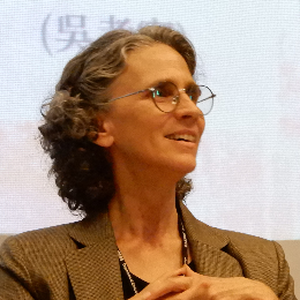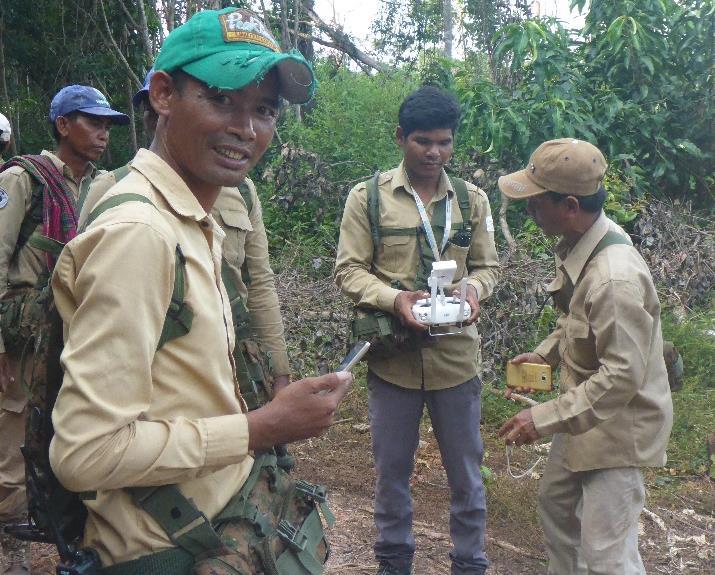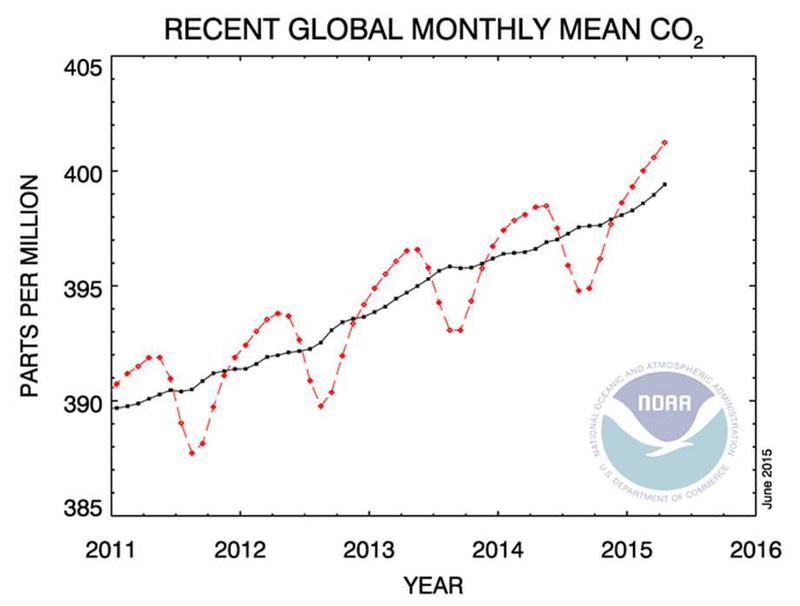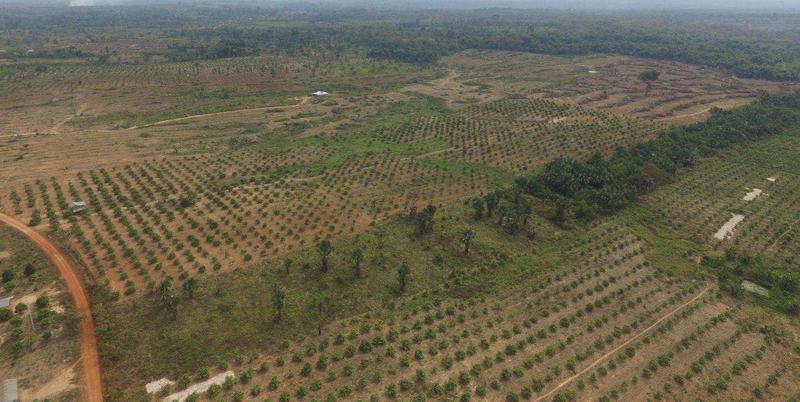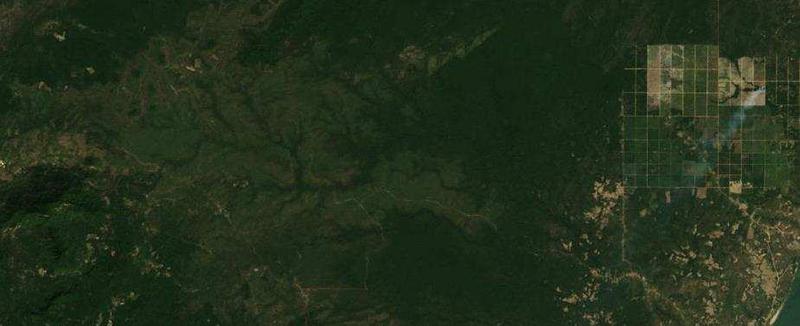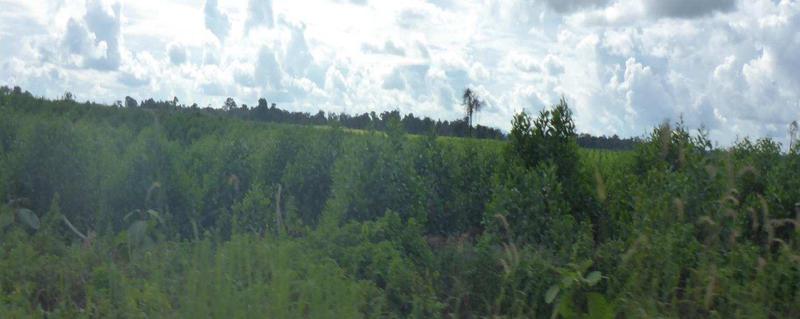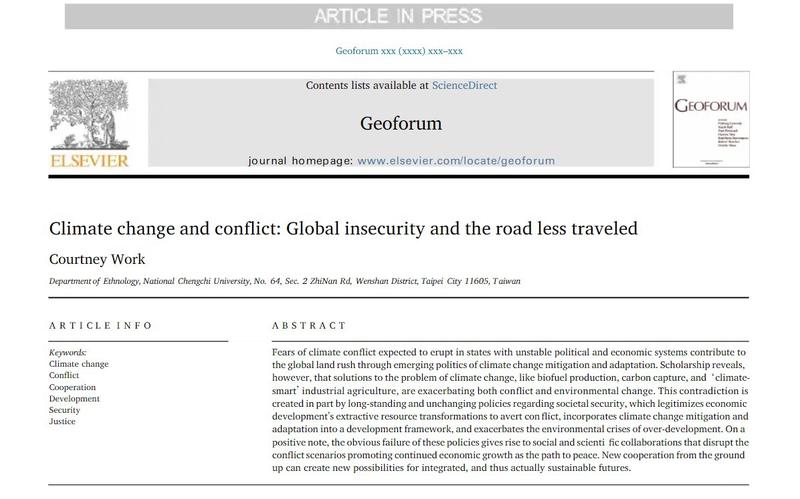
Climate Change and Conflict: Global Insecurity and the Road Less Traveled
Fears of climate conflict expected to erupt in states with unstable political and economic systems contribute to the global land rush through emerging politics of climate change mitigation and adaptation. Scholarship reveals, however, that solutions to the problem of climate change, like biofuel production, carbon capture, and 'climate-smart' industrial agriculture, are exacerbating both conflict and environmental change. This contradiction is created in part by long-standing and unchanging policies regarding societal security, which legitimizes economic development's extractive resource transformations to avert conflict, incorporates climate change mitigation and adaptation into a development framework, and exacerbates the environmental crises of over-development. On a positive note, the obvious failure of these policies gives rise to social and scientific collaborations that disrupt the conflict scenarios promoting continued economic growth as the path to peace. New cooperation from the ground up can create new possibilities for integrated, and thus actually sustainable futures.
